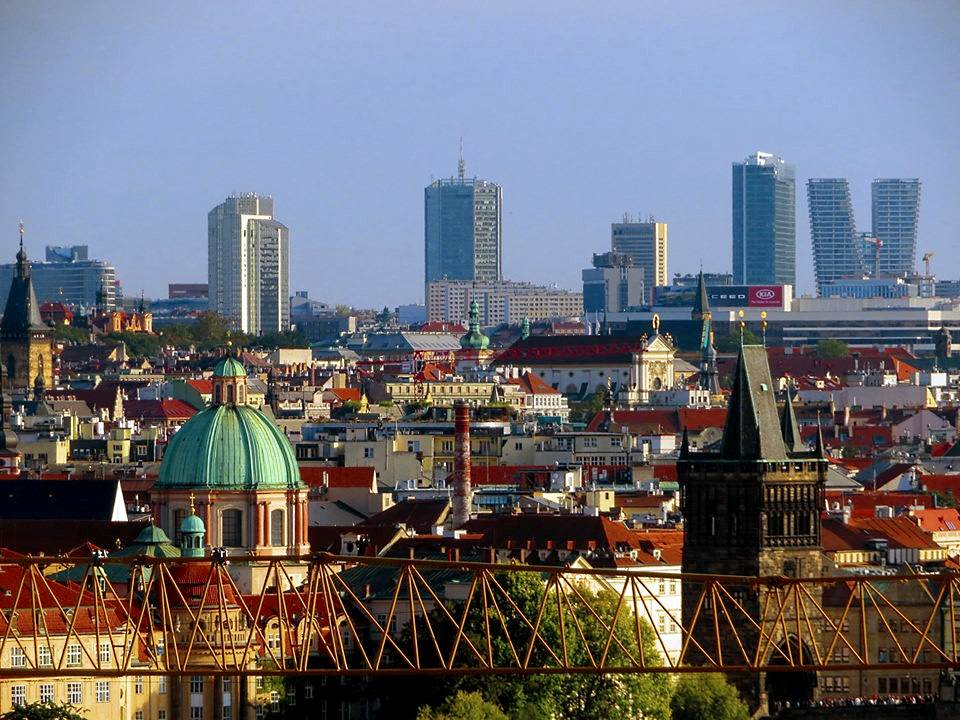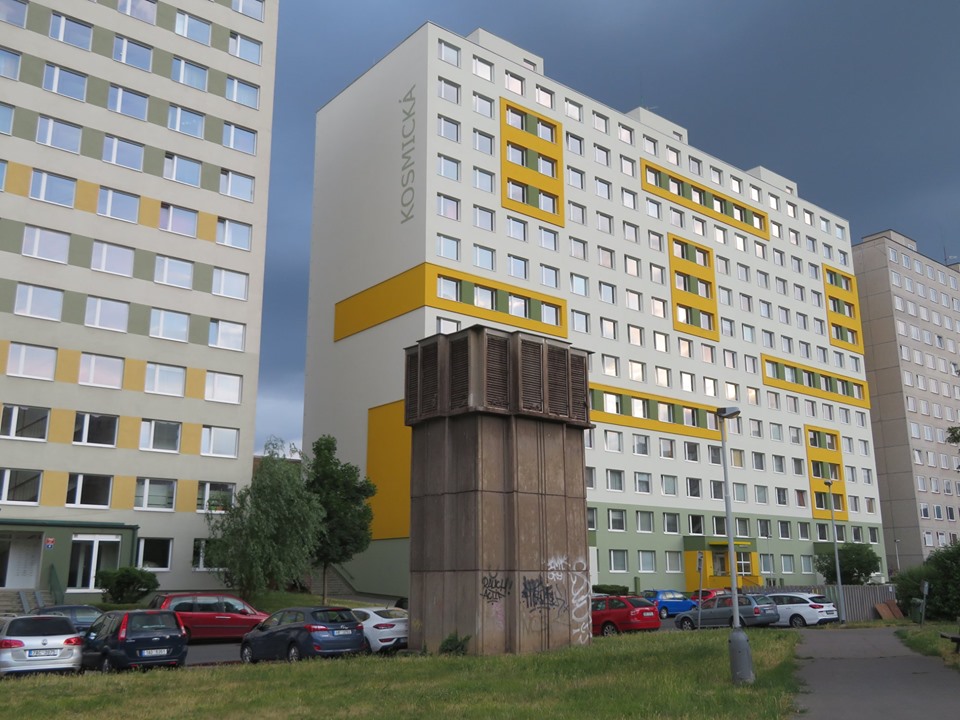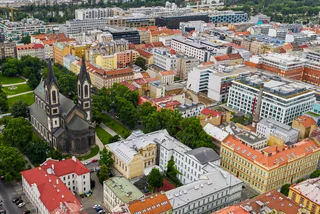Housing prices have been rising much faster than rents in Prague. Fewer than 4% percent of housing owners who rent their properties out earned a gross rent for the full year 2018 on a new apartment in Prague.
Investors, however,
received an 18% “bonus” in the form of growth in the potential
selling price of the property itself, according to an analysis by
KPMG Czech Republic.
Across the Czech
Republic, housing prices rose at over twice the EU average, a
separate report by EU statistical arm Eurostat stated.
This gap between
rent and purchase price growth in Prague has been a trend of recent
years. Since 2015, the market appreciation of flats has significantly
exceeded the yield of gross leases. The ratio of these two indicators
has stabilized just below a 5 to 1 ratio.

In addition, the current high acquisition prices are pushing potential rental yields against capital investment ever lower. This situation is a fundamental change against 2014, when rents outperformed market appreciation. In 2008–12, rental income even helped to offset losses from the fall in housing market prices.
The rise in
apartment prices in recent years has pushed demand for rental housing
sharply up. At the end of last year only about 6,300 vacant
apartments were available for rent in Prague. That is 30% fewer than
two years ago.
“At the same time,
Prague still has a very low percentage of people paying rent compared
to western cities,” Pavel Dolák, director of KPMG Czech Republic
and one of the report authors, said in a press release. In Prague 32%
of people rent, while in London it’s 49 percent, and in Berlin 84
percent.
The Housing Price
Index report Eurostat showed that prices for flats and houses in the
Czech Republic rose twice as fast as the EU average.
Year-on-year growth
in house and apartment prices in the Czech Republic rose 8.7% at the
end of second quarter of 2019, compared to the same period last year.
In the EU, prices increased by an average of 4.2 percent, year on
year.
This was
sixth-highest among EU countries, where, prices increased by an
average of 4.2 percent.
“Among the Member
States for which data are available, the highest annual increases in
house prices in the second quarter of 2019 were recorded in Hungary
(+14.0%), Luxembourg (+11.4%), Croatia (+10.4%) and Portugal
(+10.1%), while prices fell in Italy (-0.2%),” the Eurostat report
stated.
But the annual
growth rate in the Czech Republic is slowing down. It rose 9.6% year
on year in the first quarter of 2019, the second-highest increase in
the EU after Hungary’s 15.4%.
When the second
quarter of 2019 is compared to the first quarter, property prices in
the Czech Republic grew by 2.1%, compared to the EU average of 1.7%.
“Compared with the
previous quarter, the house prices increased in all Member States for
which the data is available. Highest increases were recorded in
Latvia (+5.6%), Luxembourg (+5.1%) and Cyprus (+4.2%),” the
Eurostat report stated.

Analysts say main
reason for above-average growth in property prices in the Czech
Republic is the limited supply of housing, while strong demand
continues. There are not enough housing projects being started. One
reason is the length of time it takes to get building permits.
In the Czech
Republic, real estate prices grew fastest in comparison with other EU
countries from the last quarter of 2016 to the end of the third
quarter of 2017. The highest growth was in the second quarter of
2017, when prices for houses and apartments increased by 13.3%.
In general, housing
prices in Central and Eastern Europe have been rising faster than in
Western Europe.
The EU’s House
Price Index (HPI) measures the price changes of all residential
properties purchased by households such as flats, detached houses,
and terraced houses. It includes both newly built and existing
housing, independently of their final use and independently of their
previous owners.
The HPI aggregates
are calculated as weighted averages taking into account the GDP at
market prices, expressed in Purchasing Power Standards (PPS), of the
countries concerned, according to Eurostat.












 Reading time: 3 minutes
Reading time: 3 minutes 































